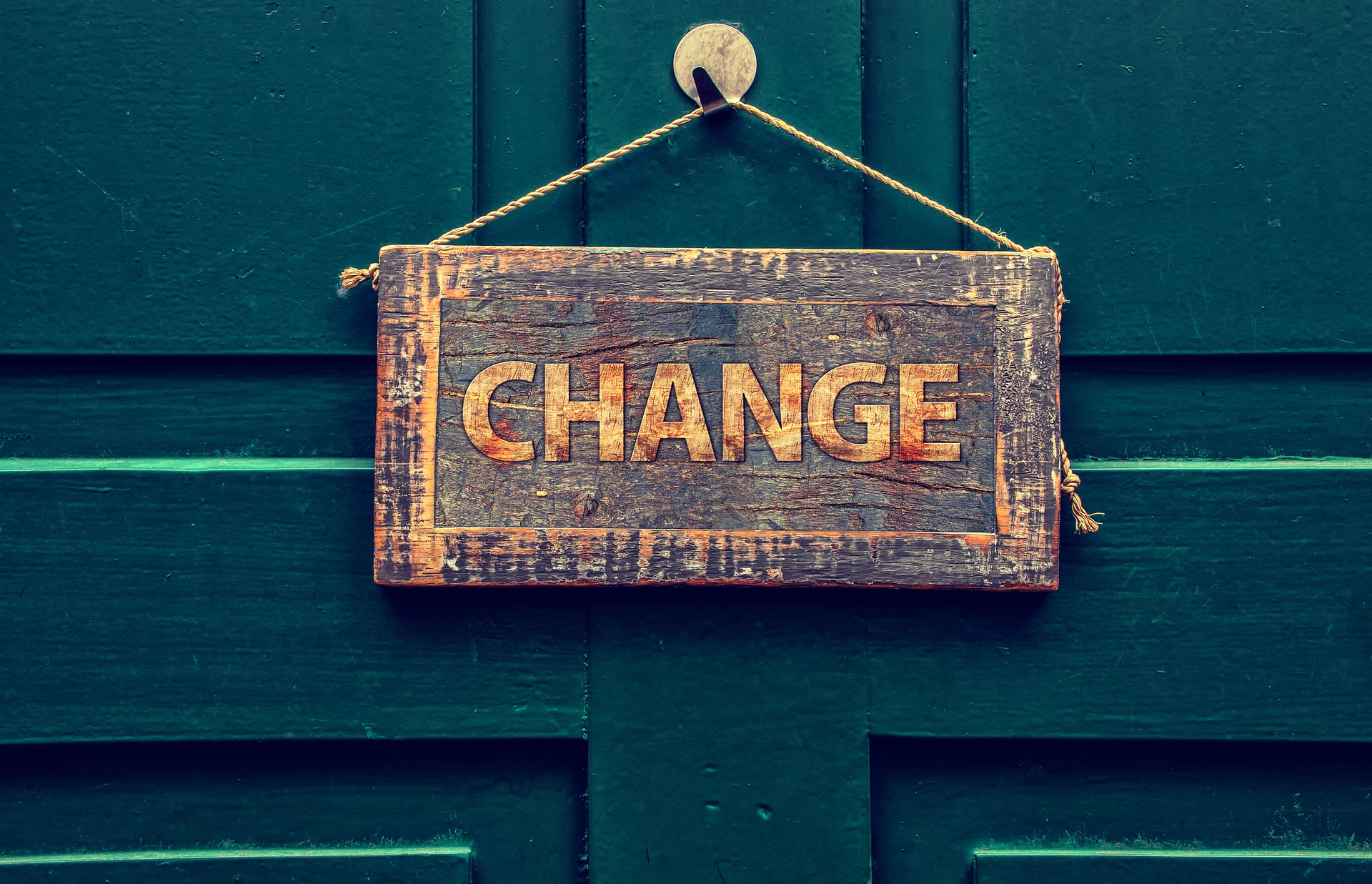Celebrating IWA’s One Year Anniversary
by IWA Head of Growth Paul Rapino
InterWork Alliance celebrates success in their inaugural year and focus for 2021 and 22.
Rallies around critical milestones and member success in tokenization standards; calls for the “Gold Standard in Tokenization.”
The InterWork Alliance (IWA) hosted a members-only Town Hall on May 25, 2021, to celebrate its first anniversary and vision to “simplify the world of tokenization,” and to provide an outlook for the second year. All five founding board members spoke briefly about how the InterWork Alliance vision is playing out in the marketplace. They cited ground-breaking work on how members use the IWA open-source Token Taxonomy Framework (TTF) to bring tokenized assets to their customer and partner ecosystem.
Tim Grant, -founding Board member of the IWA and Chief Executive Officer at SIX Digital Exchange (SDX), kicked off the hour-long conversation by explaining how “standards are not created by people talking” but by taking real-world feedback and driving alignment. He highlighted the successes of the inaugural working groups and thanked the IWA members who are driving the technical and business standards, including the IWA Technical Working Groups (TWGs) that chartered and launched the brand name and well-known Token Taxonomy Framework (TTF), under the leadership of co-chairs Jonathan Levi (HACERA) and John deVadoss (NGD), and the InterWork Framework, chaired by Daniel Feichtinger (Digital Asset) and Vice-Chair Conor Svensson (Web3 Labs).
The Analytics Framework TWG co-chairs Duncan Johnston-Watt (Blockchain Technology Partners) and John deVadoss (NGD) have established the vision for 2021 for the Open-Source Analytics Framework. When the IWA was first announced almost exactly a year ago, it was envisaged that there would be three key Technical Working Groups (TWGs) stratifying the work of the IWA into three distinct layers covering tokens, contracts, and analytics. Now that IWA members have delivered Tokenization Specification Standards for use cases based on the TTF standard in 2021, the Analytics Framework can build on that work and focus on Chain Data, Analytics, and Monetization. The TWG proposes to use the work of the Voluntary Carbon Markets Task Force as an IWA-related use case to reference. This task force is part of the Sustainability BWG and is attempting to tokenize voluntary carbon markets (e.g., carbon offsets), which is a use case that requires certified data from the ecological projects (e.g., reforestation, carbon avoidance projects, etc.) to issue accurate credits
Grant went on to explain that the integrity of this data is critical when it comes to the measurement and reporting of emissions and offsets. “At every step of the way, the correct data needs to be captured and presented to interested parties such as regulators. While analytics can be built on top of this captured data, it is of paramount importance that the ecosystem captures the correct data and presents it in a usable way to enable this,” said Grant.
Grant also applauded the work of the business working groups and their members:
- Sustainability Business Working Group: Chair – Darko Pilav (Digital Asset); Vice-Chairs: John Lee (Accenture) & Cameron Prell (XPansiv CBL Markets)
- Global Trade & Supply Chain Business Working Group: Chair – Alex Bausch (2Tokens); Vice-Chair – Aljosja Beije (BlockLab)
- DLT Security Business Working Group: Chair – Bill Izzo (DTCC)
- And the newest Debt/Equity Working Group – Starting in June 2021: Chair – Stefan Bosshard (SDX)
IWA’s Business Working Groups
Marley Gray, IWA Board Chairman and Principal Architect – Azure Multiparty Engineering at Microsoft, discussed the first-year work of the Business Working Groups (BWGs)
Specifically, Gray and others detailed “the work and output of the Sustainability Working Group that embraced the TTF and is now extending it into the marketplace. The goal of the Voluntary Ecological Markets Taskforce (VEM) was to establish the standards for tokenization, contractual extensions, workflows, and analytics for creating a standards-based ecological market. These standards, based on the IWA’s Token Taxonomy Framework (for token standards) and InterWork Framework (for smart contract standards), will serve as foundations for using distributed ledger techniques (DLT) to create an auditable ecosystem. The task force chose to use a broad definition of ecology rather than just carbon, as the same techniques and instruments defined for carbon can be repurposed for other ecological benefit types like water.”
Global Standards Mapping Initiative
The IWA also announced that IWA members would be driving thought leadership across various channels to evangelize and influence using the IWA working group documentation and specifications to connect with organizations aligned and driving standardization. To this point, the IWA work will be informing and extending into the work of the Global Standards Mapping Initiative (GSMI).
GSMI is an industry-led effort to map and assess the blockchain and digital asset landscape in three distinct areas:
1. Technical standards
2. Legislation and guidance released by sovereign and international bodies
3. Industry best practices and blockchain consortia
By having members that embrace the digital asset and tokenization technology, drive standards, and impact and influence other associations and regulatory bodies, IWA leadership sets their sights on becoming the “Gold Standard of Tokenization.”
Looking Forward to Year 2
Chairman Gray went on the explain the Year 2 plans for IWA and thanked members for their work in year one and urged them to rejoin the efforts to help drive greater awareness and education on tokenization and innovation in business; publish business-focused materials establishing the TTF as the business language of tokenization; and drive and celebrate adoption by our members as they roll out implementations in 2021-22.
To do this, the IWA will recruit current and new members and invest to:
- Formalize the extension of the Token Taxonomy Framework one step closer to implementation.
- Generate cross-platform, implementation-neutral types and interfaces for Token Template Definitions to be used by implementations to achieve certification.
- Provide tooling updates to generate these standard Types and Interfaces; provide guidance to, and get feedback from, developers.
- Conduct POCs (Proof of Concept) for certification with implementors to define the certification process.
- Establish the first business and technical standard for an IWA token matched with one or more certified implementations.
IWA also highlighted several members who will be using the open-source IWA frameworks, including Hedera Hashgraph. Hedera has been an active member of the Sustainability Business Working Group and Voluntary Ecological Markets Taskforce. As an outcome of developing this standard, multiple applications in the Hedera ecosystem are building platforms across a multitude of token types, including renewable energy credits, core carbon principles, and carbon removal units tokens. By utilizing the Hedera Consensus Service and Hedera Token Service, these applications can take in real-time feeds from ecological projects, sometimes even at the device level, and create ecological tokens that deliver the speed and security needed for real-world transactions. This means that projects with inverters such as wind and solar projects, or sensors tied to satellite imagery, or sensors for offset projects are able to process up to 10,000 transactions per second today using the Hedera mainnet to update and mint tokens.
OTC.Digital was also cited for their work on the Central Bank Digital Currency (CBDC) and a CBDC called eThaler developed under Hyperledger Capital Markets Special Interest Group (SIG). eThaler artifacts are available in open source in Hyperledger labs. These artifacts include all the resources generated by Token Taxonomy Framework (TTF) tooling.
Chris Clason, Director of Strategic Alliances, at Digital Asset, was part of a roundtable discussion with the IWA Board. Clason explained how they are working with IWA member-Xpansiv in the global marketplace for ESG-inclusive commodities on a multi-party application platform (created by Digital Asset) to underpin its infrastructure and enable the rapid scaling of ESG commodities in global markets. He explained that having shared language and standards around tokenization results in improves partnerships and business operations. The partnership builds on both companies’ pioneering efforts in digitization and market innovation by collaborating on Xpansiv’s next-generation platform that will use Daml, a development framework for creating systems of record that securely connect across business processes and data boundaries while retaining privacy, guaranteeing data integrity, and enforcing strict authorization. Allowing such systems to cross boundaries — legal, regulatory, organizational, or other — enables them to form seamless economic networks.
Finally, IWA Board member David Treat, Senior Managing Director – Global Blockchain & Multi-Party Systems Lead at Accenture, talked about how having a common language on tokenization standards today will enable scale and innovation the same way messaging standards transformed business in the 1990s and 2000s. Accenture and their partners have been leading initiatives in CBDC, The Digital Dollar Project, Sustainability, and Global Mapping of Blockchain standards. They are active members in several IWA working groups.





